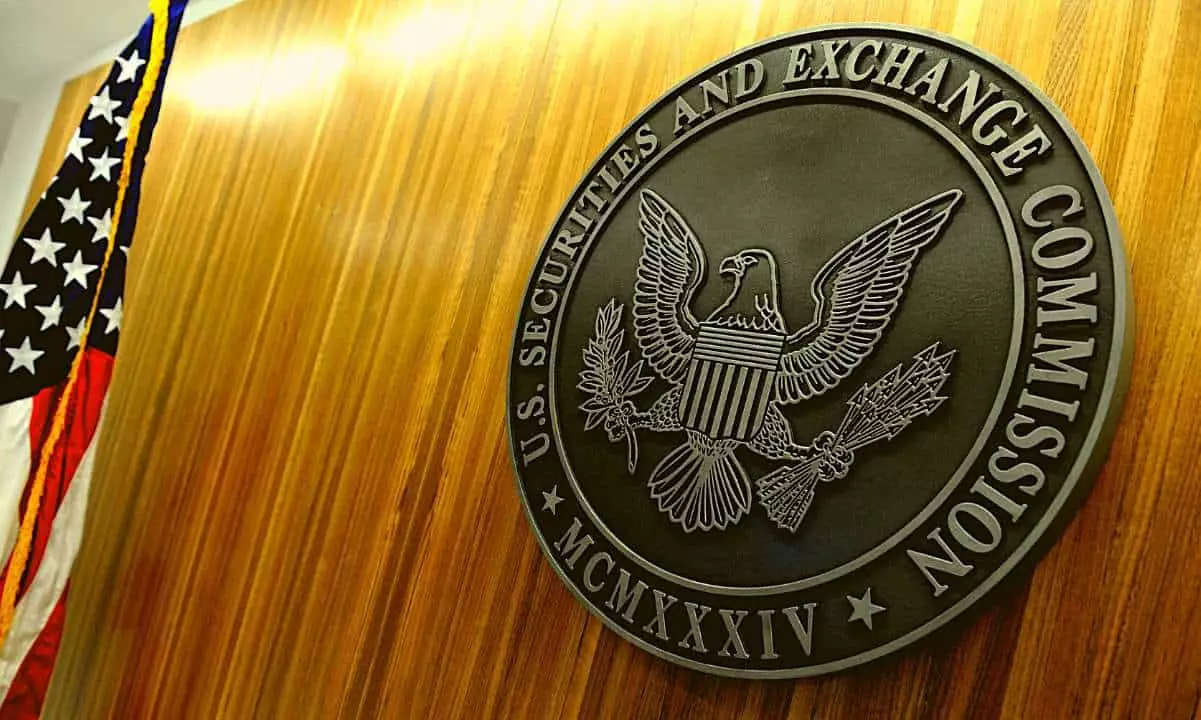The recent charges levied by the U.S. Securities and Exchange Commission against Galois Capital, a crypto-focused advisory firm, highlight a crucial failure in ensuring that client assets were custodied with a qualified custodian. The SEC’s investigation revealed that Galois failed to uphold this fundamental responsibility, instead opting to hold the crypto assets with unqualified platforms like FTX. This negligence led to significant losses for investors, demonstrating a lack of due diligence and adherence to industry standards.
The collapse of FTX, where approximately half of the fund’s assets under management were lost, serves as a stark warning of the risks associated with entrusting assets to unqualified custodians. The subsequent fallout from FTX’s downfall, including major losses for customers and investors, underscores the importance of robust risk management practices in the crypto industry. By failing to safeguard client assets through proper custodianship, Galois exposed investors to unnecessary risks, leading to detrimental consequences.
In addition to the custodianship issue, the SEC found that Galois misled investors by providing conflicting information regarding withdrawal requirements. Some investors were led to believe that they needed five business days’ notice, while others were allowed to redeem on shorter notice. This discrepancy in treatment raises concerns about transparency and investor protection within Galois Capital. The SEC’s Co-Chief of the Asset Management Unit emphasized the importance of holding advisers accountable for violating core investor protection obligations, highlighting the need for greater regulatory oversight in the crypto advisory space.
As part of the settlement agreement, Galois agreed to pay a civil penalty and abide by an order preventing further violations of the Investment Advisers Act. While the firm did not admit or deny the allegations, the enforcement action serves as a reminder of the consequences of non-compliance with regulatory requirements. Moving forward, Galois must prioritize compliance and transparency to rebuild trust with investors and demonstrate a commitment to upholding industry standards.
Galois Capital defended its use of Fireblocks as a crypto custodian, despite Fireblocks not being a qualified custodian. The firm cited Fireblocks as the best solution for their needs and the safest way to secure crypto for investors at the time. While this explanation may provide some context, it raises questions about the criteria used to select custodians and the level of due diligence conducted by Galois. The choice of custodian plays a critical role in safeguarding client assets, and firms must exercise caution and thorough assessment when making such decisions.
The SEC charges against Galois Capital underscore the importance of proper custodianship, transparency, and investor protection in the crypto advisory space. The firm’s failure to meet these standards resulted in substantial losses for investors, highlighting the need for enhanced regulatory scrutiny and compliance measures. By learning from this case and implementing robust risk management practices, Galois and other advisory firms can strengthen investor trust and contribute to a more secure and transparent crypto ecosystem.

